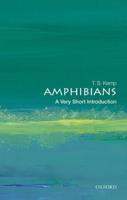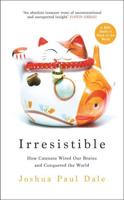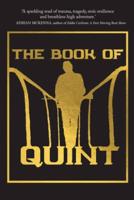Publisher's Synopsis
Excerpt from The Fishes of the Fresh Waters of Panama
The present report is based upon the fresh water species of fishes collected during the Smithsonian Biological Survey of the Panama Canal Zone. The ichthyological reconnaissance, however, was made co-operatively by the Smithsonian Institution, Field Museum of Natural History and the U. S. Bureau of Fisheries.
With the exception Of a small number of specimens contributed by Messrs. H. Fittier and E. A. Goldman of the U. S. Department of Agriculture, the collections were made by the authors during two seasons, viz.; from January to May inclusive, 191 1, and from January to March inclusive, 1912. The winter and early spring months were chosen because they represent the dry season in Panama. In 1911 the work was, however, well extended into the rainy season, for during the month of May it rained every day and the streams became so high and muddy that our efforts had to be confined to collecting marine species, It became impossible to dry the nets or our clothing, except by artificial heat, therefore, on May 22 the work was abandoned and resumed the following January.
We are greatly indebted to the Panama Rail Road Company for furnishing free transportation to and from New York and for a free pass on the Panama Rail Road. We are also deeply indebted to the Isthmian Canal Commission, and General George W. Goethals in particular, for extending to us every convenience and assistance pos sible. To the Darien Gold Mining Company we also owe our deepest gratitude for rendering invaluable aid on our expedition to the Darien region. Without the help thus received it would have been impossible to make so large and thorough a collection as the present one.
About the Publisher
Forgotten Books publishes hundreds of thousands of rare and classic books. Find more at www.forgottenbooks.com
This book is a reproduction of an important historical work. Forgotten Books uses state-of-the-art technology to digitally reconstruct the work, preserving the original format whilst repairing imperfections present in the aged copy. In rare cases, an imperfection in the original, such as a blemish or missing page, may be replicated in our edition. We do, however, repair the vast majority of imperfections successfully; any imperfections that remain are intentionally left to preserve the state of such historical works.









